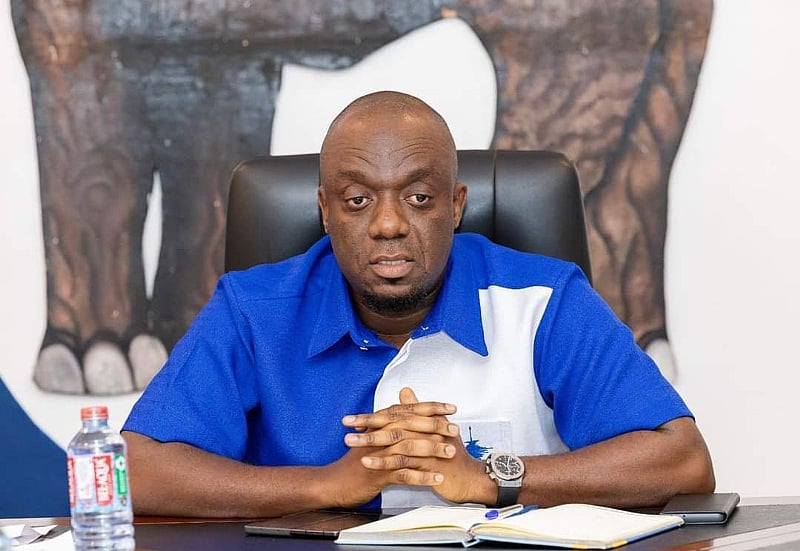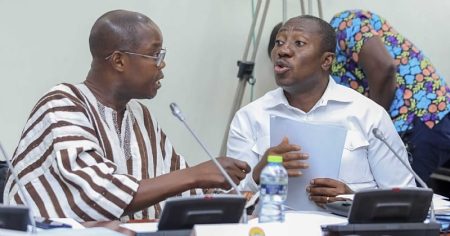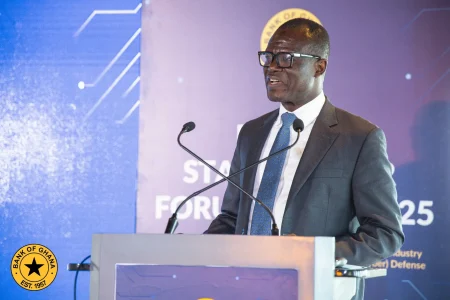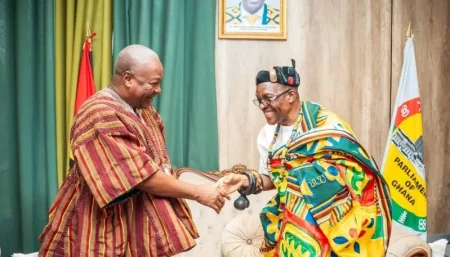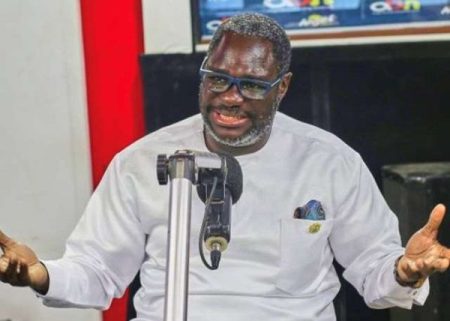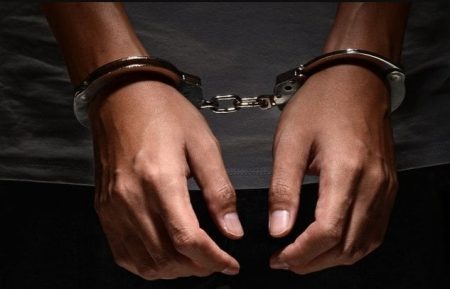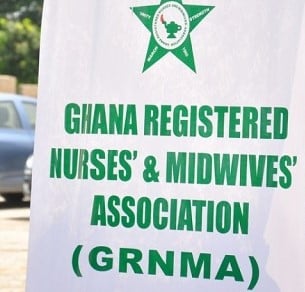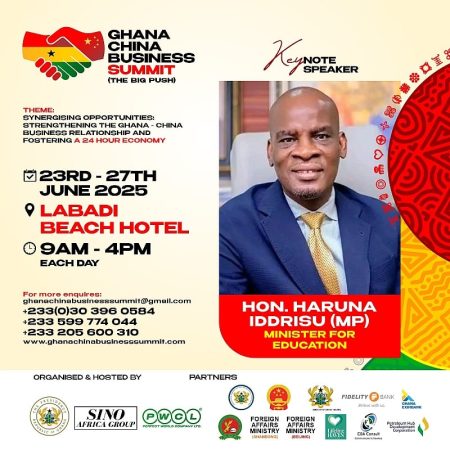The New Patriotic Party (NPP) has leveled serious accusations against President John Dramani Mahama and the National Democratic Congress (NDC), alleging their interference in the democratic process following the December 7, 2024 general elections. The crux of the dispute lies in the delayed collation of parliamentary results in the Ablekuma North constituency, a closely contested race between the NPP’s Nana Akua Owusu Afriyieh and the NDC’s Ewurabena Aubynn. Both candidates have prematurely declared themselves victors, further escalating tensions and uncertainty surrounding the legitimate outcome. The NPP contends that President Mahama is manipulating state security agencies, specifically the Ghana Police Service, to obstruct the finalization of the results, effectively disenfranchising the constituents of Ablekuma North.
The Electoral Commission (EC) suspended the collation process on January 5, 2025, citing discrepancies in the results from 20 polling stations. This suspension has persisted for months, leading to a political impasse and raising concerns about the integrity of the electoral process. The NPP, in a statement released after a National Executive Council meeting on June 18, accused the Ghana Police Service of deliberately defying a court order to provide security for the resumption of the collation process. They allege that the police are acting under the direct influence of the Minister for Interior and the Attorney General, both of whom are presumably aligned with the ruling NDC. This alleged collusion, according to the NPP, is a blatant attempt to subvert the will of the people and maintain NDC control.
The NPP’s core argument centers on the belief that the NDC is obstructing the collation because they are aware of their defeat in Ablekuma North. They claim President Mahama and the NDC are employing delaying tactics to prevent the official declaration of the NPP candidate as the winner. By preventing the final count, the NDC allegedly aims to create a political vacuum in the constituency and deny the rightful representative their seat in parliament. This tactic, the NPP argues, is a direct assault on the democratic rights of the people of Ablekuma North and an affront to the principles of free and fair elections.
The NPP further emphasizes the gravity of the situation by highlighting the alleged disregard for a court order mandating police protection for the EC officials during the collation process. This defiance of the judiciary, according to the NPP, demonstrates a concerning trend of undermining the rule of law and the independence of crucial institutions. The party portrays this as a deliberate strategy orchestrated by the ruling party to cling to power through undemocratic means, thereby eroding public trust in the electoral system and the government’s commitment to upholding the constitution.
The NPP’s statement concludes with a vow to take decisive action to restore the electoral process in Ablekuma North and ensure the will of the people is respected. The party has indicated that it will pursue all available legal and political avenues to compel the authorities to comply with the court order and facilitate the completion of the collation process. This could include further legal challenges, public protests, and appeals to international observers to intervene and pressure the government to uphold democratic principles. The NPP’s commitment to action signals their determination to fight for what they believe is a legitimate victory and defend the democratic rights of the people they represent.
This ongoing electoral dispute in Ablekuma North underscores the fragility of democratic institutions and the potential for political interference in the electoral process. The NPP’s accusations, if proven true, raise serious questions about the integrity of the Ghanaian government and its commitment to upholding the principles of free and fair elections. The standoff also highlights the importance of independent electoral bodies, a robust judiciary, and a vigilant civil society to ensure the transparency and credibility of the electoral process and safeguard against political manipulation. The resolution of this conflict will have significant implications for the political landscape of Ghana and the future of democratic governance in the country.





